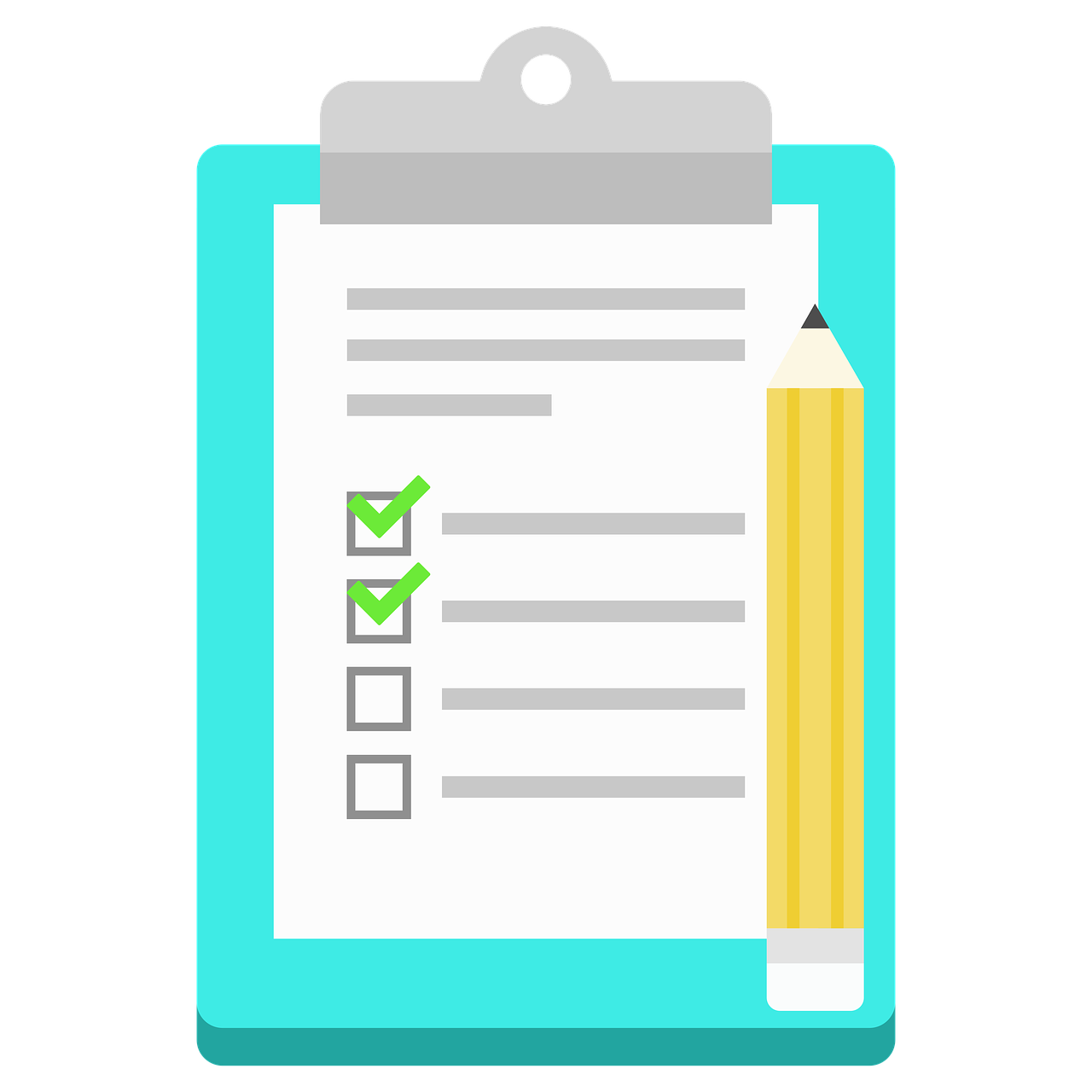In the ever-evolving digital marketing landscape, building an email list from scratch remains one of the most powerful strategies to achieve direct, personal communication with your audience. Unlike social media platforms, which are subject to algorithmic changes and unpredictable reach, your email list is a valuable asset fully controlled by you. The success of any online business today hinges on nurturing a responsive and engaged email community, and the process of cultivating this asset involves strategic planning, the use of compelling lead magnets, and the integration of innovative tools. By deploying targeted techniques such as webinars, content upgrades, and social media promotions, marketers and entrepreneurs can accelerate list growth while ensuring subscriber quality. As email marketing platforms like Mailchimp, ConvertKit, and ActiveCampaign continually enhance their features, they provide accessible avenues for beginners and experts alike to automate, segment, and personalize communications effectively. This article delves into proven methods, actionable tips, and real-world examples revealing how to build a high-quality email list from the ground up, ensuring both growth and engagement in 2025’s competitive market.
How to Start Building an Email List from Scratch: Fundamental Steps and Lead Magnet Strategies
Launching an email list without any existing contacts might seem overwhelming, but breaking the process into foundational steps makes it manageable and effective. The first and most critical understanding is that an email list is an owned asset—your direct line to interested individuals who want to hear from your brand, product, or cause. To begin, defining your target audience with precision is paramount. Know their pain points, motivations, and preferences; this groundwork ensures that your future communications will resonate and foster loyalty.
An essential tool in this early phase is the lead magnet. Lead magnets function as valuable incentives to encourage visitors to share their email addresses with you. Common examples include eBooks, exclusive checklists, discount codes, or access to free webinars. A well-designed lead magnet solves a specific problem or delivers compelling information relevant to your audience. For instance, a fitness coach might offer a “7-Day Home Workout Plan” downloadable eBook, while an online marketing consultant could host a free webinar on “Secrets of Email Marketing in 2025.”
Accompanying lead magnets, the landing page is your conversion hub. Its design significantly influences whether visitors sign up or leave. To optimize, your landing page should include:
- Clear and concise headlines: Immediately communicate the value visitors will receive.
- Simple and clean layout: Avoid clutter that distracts from the sign-up form.
- Strong call-to-action (CTA): Use action words like “Download Now” or “Join the Free Webinar.”
- Mobile responsiveness: Since many users browse on their phones, seamless mobile experience is critical.
To implement these, tools such as Unbounce and Leadpages provide intuitive drag-and-drop builders that require no coding knowledge. Regarding opt-in forms, varied formats like pop-ups, inline forms within blog posts, sidebar forms, and footer forms expand your sign-up opportunities across your digital assets.
For a practical illustration, consider a small business owner who launched a blog focusing on eco-friendly living. She created a downloadable PDF guide titled “10 Simple Ways to Reduce Your Carbon Footprint” as her lead magnet. Embedding an inline opt-in form in a blog post and timing a pop-up form to appear after visitors spent 30 seconds on her page effectively doubled her sign-ups within two weeks. The combination of high-value content and strategic presentation turned her email collection efforts from dormant to dynamic.
| Lead Magnet Type | Purpose | Example |
|---|---|---|
| eBook | Educational content delivering in-depth knowledge | “Ultimate Guide to Social Media Marketing” |
| Checklist | Quick actionable steps or reminders | “Weekly Email Marketing Checklist” |
| Discount | Financial incentive to encourage purchases and sign-ups | 20% off first order coupon |
| Webinar | Live or recorded sessions to teach and engage | “Mastering Instagram Ads in 2025” live webinar |
By combining these foundational tactics and continuously testing different lead magnets and form placements, you set the stage for sustainable list growth. More detailed step-by-step guides can be found on resources such as Unbounce’s email list building guide and Xan Digital’s comprehensive walkthrough.

Effective Strategies for Expanding Your Email List: Social Media, SEO, and Webinars
Once your initial email list infrastructure is in place, the next objective is to accelerate its growth using diverse and effective channels. Social media stands out as an invaluable resource for list-building thanks to its ability to reach targeted demographics in an interactive manner.
Leveraging Social Media to Drive Email Subscriptions
On platforms like Facebook, Instagram, and LinkedIn, promotional posts, stories, and even bio links that point to your landing page can generate high engagement. Running contests and giveaways incentivizes users to provide their email addresses in exchange for entry, exponentially increasing your reach. Paid social media ads, when created with clear value propositions and compelling CTAs directing to your optimized landing pages, are among the fastest ways to expand your list.
Maximizing SEO and Blogging for Consistent Organic Growth
Blogging tailored for SEO not only drives traffic but nurtures a steady inflow of organic subscribers. Developing content around queries your potential subscribers are searching for positions your website as a trusted resource. Strategically placed opt-in forms within blog articles invite readers seamlessly into your list. Offering content upgrades—additional downloadable resources on the same topic behind an email gate—is a proven tactic to transform regular visitors into committed subscribers continuously.
Hosting Webinars as a Lead Generation Powerhouse
Webinars provide an interactive platform to showcase expertise and build trust while collecting valuable contact information. Successful webinars require clear topic relevance and effective promotion across all channels. Platforms like GetResponse have demonstrated through their highly attended webinars how engaging live sessions convert attendees into loyal subscribers and potential customers.
- Promote lead magnets on social media with regular posting and creative visuals
- Set up content upgrades for top-performing blog posts
- Plan and market webinars through email invitations, ads, and social shares
- Use SEO tools to identify trending keywords related to your niche
- Incorporate clear, strategically placed opt-in forms throughout your website
Incorporating these multi-channel strategies creates synergy and resilience for your email list growth efforts. For deeper insights, platforms like Blogging Your Passion and tutorials from Hostinger provide extensive advice on social and content marketing techniques tailored to email list development.
| Strategy | Key Benefit | Example Tactics |
|---|---|---|
| Social Media | Wide reach and interactive engagement | Giveaways, contests, paid ads, bio links |
| SEO Blogging | Consistent organic traffic and inbound leads | Content upgrades, SEO optimization, opt-in forms |
| Webinars | Authority building, direct engagement | Live expert sessions, email collection at registration |
Advanced Tactics to Supercharge Email List Growth: Paid Ads, Referral Programs, and Influencer Collaborations
After laying the groundwork with foundational and strategic list building, those looking to accelerate growth often turn to advanced methods that leverage paid promotion, community incentives, and influencer authority. These approaches demand thoughtful planning but can dramatically increase subscriber numbers.
Paid advertising across platforms such as Facebook Ads, Google Ads, and Instagram offers precision targeting, allowing you to reach potential subscribers based on demographics, interests, and behaviors. Effective paid campaigns feature crisp visuals and value-driven messaging connected to optimized landing pages for maximum conversion rates. Testing and optimizing your ads frequently is crucial for success.
Referral programs transform existing subscribers into active promoters. By offering incentives—such as exclusive discounts, freebies, or access to premium content—subscribers become motivated to share your list with friends and colleagues. Technologies like ReferralCandy and Viral Loops simplify managing these programs, tracking referrals, and rewarding participants effectively.
Partnering with influencers can give your list a significant boost. Identifying influencers with audiences aligned to your niche and collaborating on campaigns or content creates trust and social proof. When these influencers promote your lead magnets or contests, it drives targeted, high-quality traffic to your signup pages.
- Invest in ads with tailored audience segments and compelling creatives
- Launch a referral program with attractive rewards and simple participation rules
- Collaborate with influencers for guest content or joint webinars
- Use A/B testing extensively to refine all components
- Regularly analyze analytics and adjust strategy accordingly
| Advanced Tactic | Tools/Platforms | Benefits |
|---|---|---|
| Paid Advertising | Facebook Ads, Google Ads, Instagram Ads | Fast list growth, precise targeting |
| Referral Program | ReferralCandy, Viral Loops | Subscriber-driven growth, community engagement |
| Influencer Partnerships | Instagram, YouTube, TikTok influencers | Authority building, social proof |
Applying these advanced tactics complements earlier efforts and accelerates growth, particularly when combined with reliable email marketing platforms such as Constant Contact, Sendinblue, Moosend, Benchmark Email, and MailerLite. These tools offer campaign management features ideal for scaling outreach and automating subscriber nurturing.

Ensuring High-Quality Email Lists: Segmentation, Engagement, and Data Hygiene Best Practices
While amassing a large number of email subscribers is appealing, the quality and engagement level of your list are what truly drive marketing success. Focusing on list hygiene and segmentation helps maintain deliverability rates and boosts conversion metrics.
Why Permission and Organic Growth Matter
First and foremost, only add contacts who have willingly opted in. This complies with GDPR, CAN-SPAM, and other privacy regulations while increasing the likelihood of engagement. Buying email lists is highly discouraged and can lead to spam complaints and damaged sender reputations.
Cleaning Your List Regularly
Removing bounced, inactive, or unengaged subscribers improves your sender reputation and ensures your messages reach people who want to receive them. Many email marketing platforms provide tools to identify inactive subscribers so you can attempt re-engagement campaigns or remove them.
Segmenting for Relevance and Personalization
Segmentation means categorizing your subscribers based on demographic information, purchase history, interests, or behaviors. This lets you send targeted emails instead of generic blasts, significantly improving open and click-through rates. For example, a retailer might send winter jacket offers only to subscribers located in colder climates.
- Always collect explicit consent (double opt-in is preferred)
- Use analytics to track engagement and identify inactive groups
- Segment lists by customer behavior, preferences, or stage in the sales funnel
- Personalize emails using subscriber data such as name, location, or interests
- Maintain a regular cleaning schedule to keep the list healthy
| Quality Practice | Explanation | Impact on List Health |
|---|---|---|
| Permission-based Opt-ins | Ensures consent and compliance | Higher engagement, fewer complaints |
| List Cleaning | Remove invalid and inactive addresses | Better deliverability and performance |
| Segmentation | Targeted and personalized messaging | Improved conversion rates |
Adopting these practices keeps your email campaigns sharp and ensures your communication is welcomed by recipients. Platforms such as ActiveCampaign and AWeber excel in segmentation and automation features, providing marketers with powerful tools to maintain list quality.
Key Tools to Simplify and Amplify Email List Building and Management
Assembling and managing an email list efficiently requires leveraging modern tools that facilitate every stage of the process, from collection to automation and analytics.
Here’s a curated list of essential tools for 2025 marketers:
- Email Marketing Platforms: Mailchimp, ConvertKit, AWeber, ActiveCampaign, GetResponse, Sendinblue, Constant Contact, Moosend, MailerLite, Benchmark Email.
- Lead Magnet Creators: Canva (for eBooks, checklists), Loom (for video tutorials)
- Opt-in Form Builders: OptinMonster, Sumo, Thrive Leads
- Landing Page Builders: Unbounce, Leadpages, Elementor
- Pop-Up Tools: Poptin, Hello Bar
- Referral Program Software: ReferralCandy, Viral Loops
- Automation & Integration: Zapier for workflow automation
Each tool has strengths depending on your specific needs, whether it’s crafting beautiful sign-up pages with Mailchimp or designing content upgrades with Canva. Using the right combination empowers you to grow your list and maintain engagement with less manual effort.


